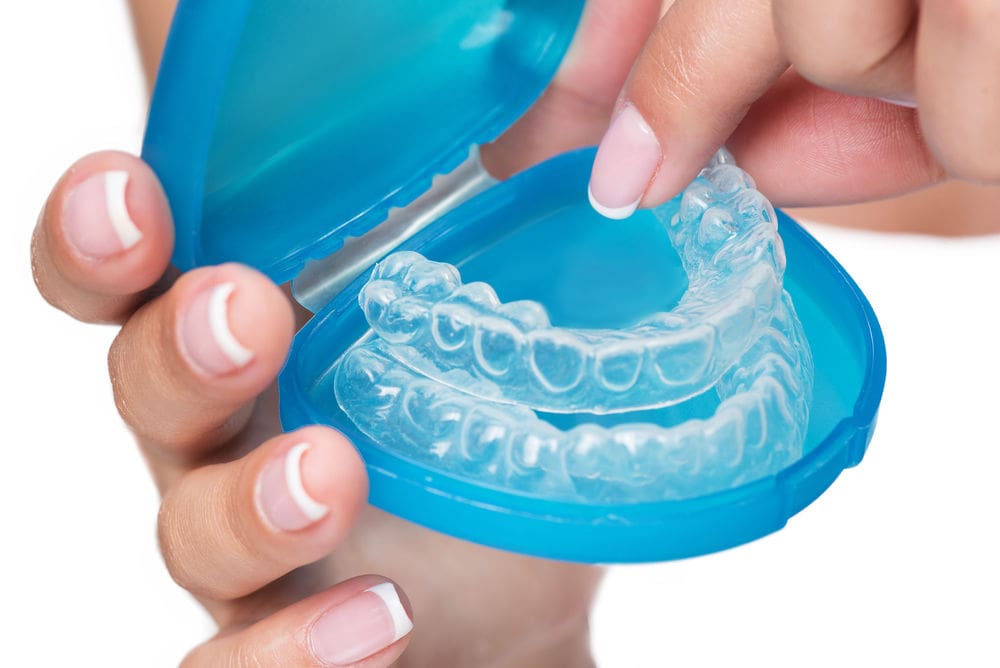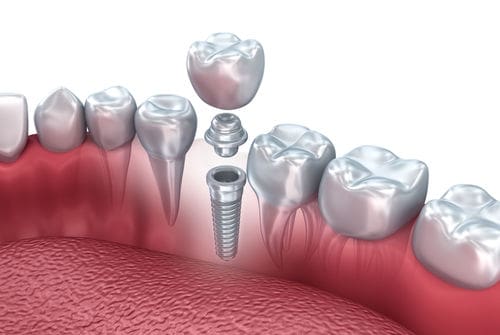Dental implants are perhaps one of the most popular and effective ways to replace missing teeth. They are also used to support dentures and are often made of titanium. Dental implants are placed in the jawbone, where they fuse with the bone and provide a strong and stable foundation for artificial teeth. While dental implants are beneficial in many ways, some people are still hesitant to get them since they have some concerns regarding safety.
Are Dental Implants Safe?
The short answer is yes. Dental implants are a safe, effective treatment for tooth loss. However, as with any medical procedure, there are some risks involved.
The good news is that complications caused by dental implants are rare. In fact, dental implants have a success rate of over 95 percent. When dental implant complications do occur, they are usually minor and can be easily treated.
The most common complications associated with dental implants include infection, nerve damage, and sinus problems.
Infection
Infection is the most common complication associated with dental implants. However, the risk of infection is very low, less than five percent.
There are a few things you can do to reduce your risk of infection, including:
- Choose an experienced implant dentist.
- Make sure your dentist uses sterile equipment.
- Follow your dentist’s care instructions after the dental implant procedure.
Nerve Damage
Another potential complication of dental implants is nerve damage. Nerve damage can happen if the implant is placed too close to a nerve.
Symptoms of nerve damage include numbness, tingling, or pain in the lips, gums, chin, or teeth.
If you experience any of these nerve damage symptoms, contact your dentist immediately. Nerve damage is usually reversible and can be treated with surgery.
Sinus Problems
Sinus problems are another potential complication of dental implants. This can happen if the dental implant is placed too close to the sinus cavity.
Symptoms of sinus problems include pain, pressure, or congestion in the sinuses. If you experience any of these sinus problem symptoms, contact your dentist immediately.
Sinus problems can usually be treated with antibiotics. In some cases, surgery may be necessary.
Who Can’t Get Dental Implants?
While dental implants are indeed a great option for many people who are missing teeth, there are some people who may not be good candidates for this type of procedure. Here are some of the main reasons why someone might not be a good candidate for dental implants:
- They have a medical condition that makes it difficult for them to heal from surgery.
- They have a history of smoking, which can also make it difficult for them to heal from surgery.
- They have a history of periodontal disease, which can cause the implant to fail.
- They have a very small jawbone, which might not be able to support the implant.
- They have a history of radiation therapy to the head or neck, which can make it difficult for the implant to osseointegrate (fuse to the bone).
If you are considering dental implants, it is important to talk to your dentist to see if you are a good candidate for the procedure.
Final Thoughts
Dental implants are a safe, effective, and popular way to replace missing teeth. These implants are made of titanium, a biocompatible metal that integrates with the jawbone and can last a lifetime with proper care. In addition, dental implants can restore chewing function and improve the aesthetics of your smile.
Get dental implants in Manassas, VA, from Liberia Dental Care. Our services in dentistry include preventive, corrective, cosmetic, and management techniques. Our mission is to protect the dental health of our patients through prompt diagnosis and treatment of oral diseases. Request an appointment now!









